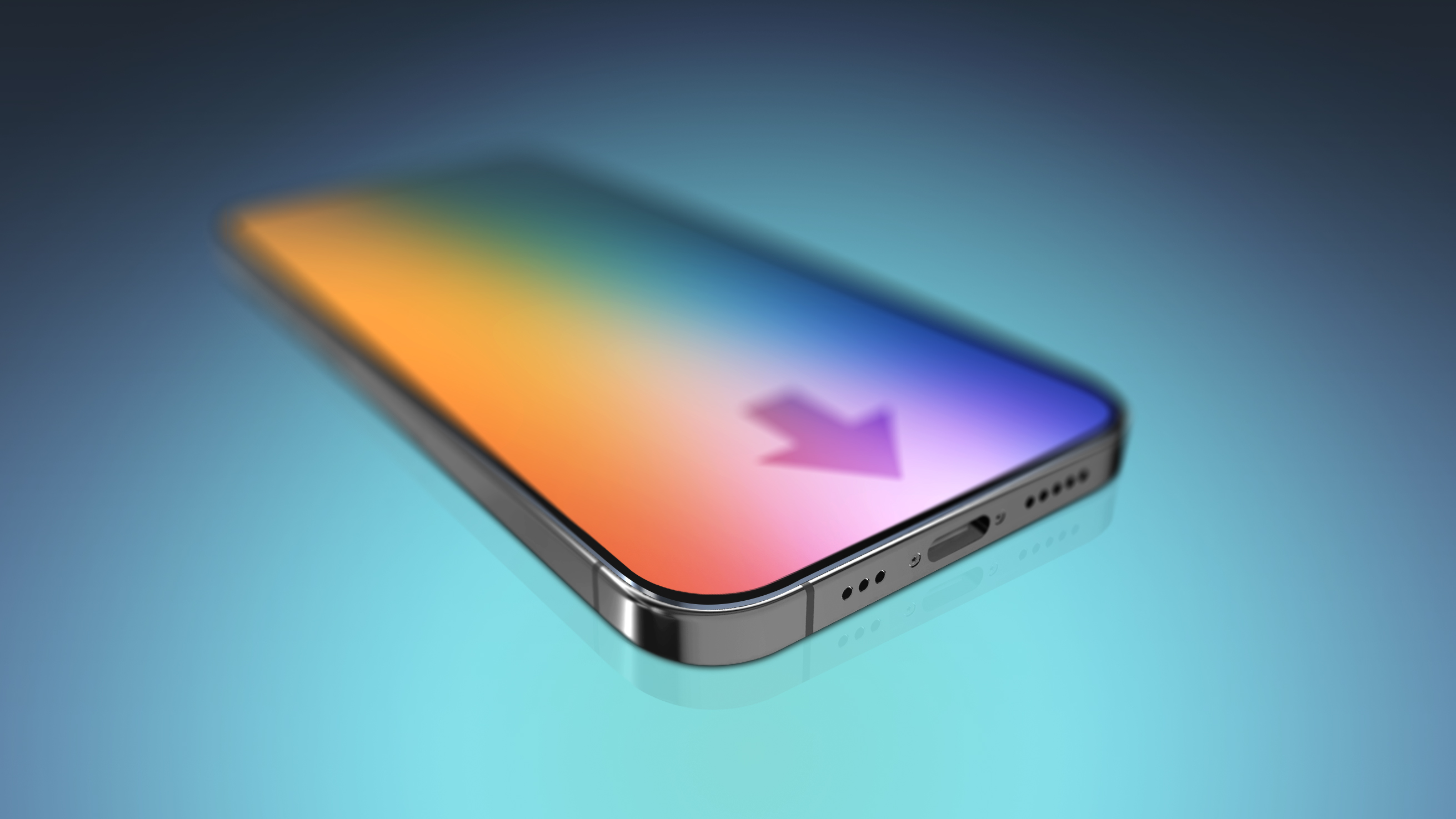
Brazil has become the latest country to propose mandating Apple to move away from the Lightning connector on the iPhone and switch to USB-C.

As reported by Tecnoblog (via 9to5Mac), Anatel, which serves as Brazil's consumer authority body, has opened a new proposal that would require all smartphones in the country to adopt USB-C. Like proposals in the US and the EU, Anatel says that devices that charge entirely wirelessly will not need to follow through with adopting USB-C.
Anatel says that moving to USB-C will offer "greater convenience for consumers" and could reduce global electronic waste.
Apple has been facing increased pressure from governments and agencies worldwide to move the iPhone to USB-C after more than a decade of the Lightning port. Following pressure, sources such as Bloomberg's Mark Gurman and Ming Chi-Kuo have confirmed the company is testing an iPhone with a USB-C port.
While the iPhone 14 is approaching, reports suggest a USB-C iPhone won't debut until at least 2023 with the iPhone 15. There have long been rumors of Apple moving to USB-C for the iPhone, but with legislation in Europe gaining traction, it seems more likely it could take place soon.
Legislation in Europe would go further than forcing USB-C on iPhone and would also require all of Apple's products, including all iPad models and AirPods, to move to USB-C. If the legislation goes through, Apple would either need to ship special USB-C iPhone models in Europe or make the swap to USB-C worldwide. The proposed mandate in Brazil would take effect starting July 1, 2024, if approved.
Article Link: Brazil Latest Country to Consider Forcing Apple to Adopt USB-C for iPhones

